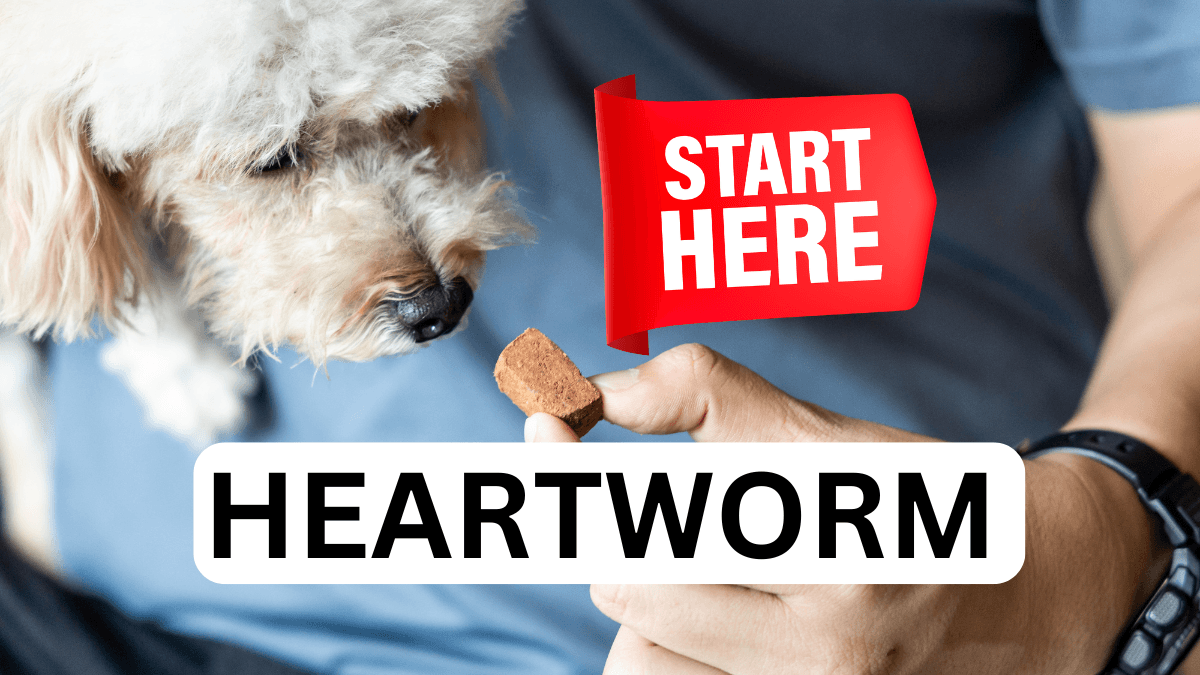Samantha is a pet-free, child-free solo traveler (who is currently finalizing her first book - join the wait list to be notified) has explored 40 states in the USA, visited 13 countries across 3 continents, lived abroad, and shares her experiences, challenges, real-life footage, and stories as she navigates adventures throughout Mexico, the USA, Europe, and beyond as a traveling pet sitter. As a blogger, vlogger, pet-lover, and digital nomad, Samantha is passionate about pet sitting and house sitting, both locally and internationally. She is available for interviews, podcast appearances, sponsored travel trips, writing articles for your website, and collaborating on related projects. Connect with us on social media to follow her journey and discover tips for your own adventures.







